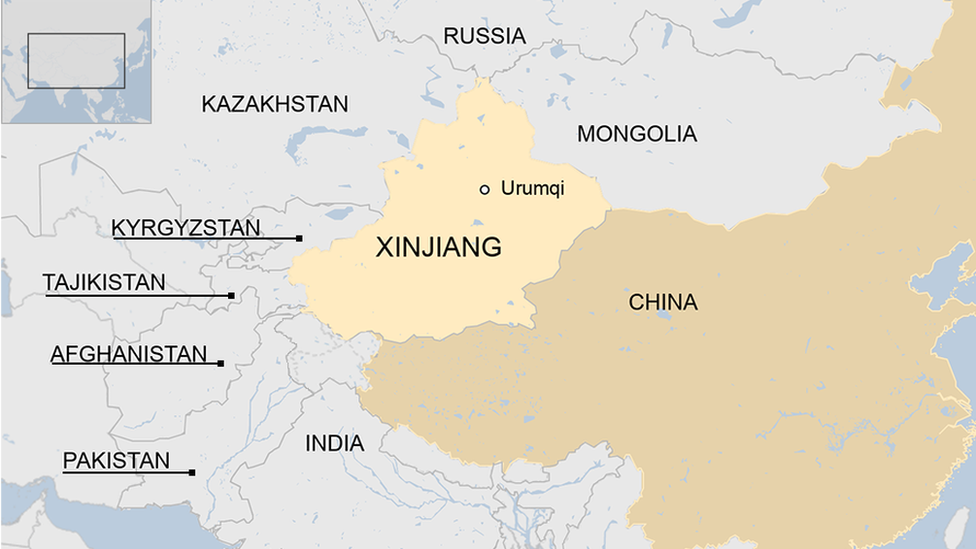China confiscates passports of Xinjiang people
- Published
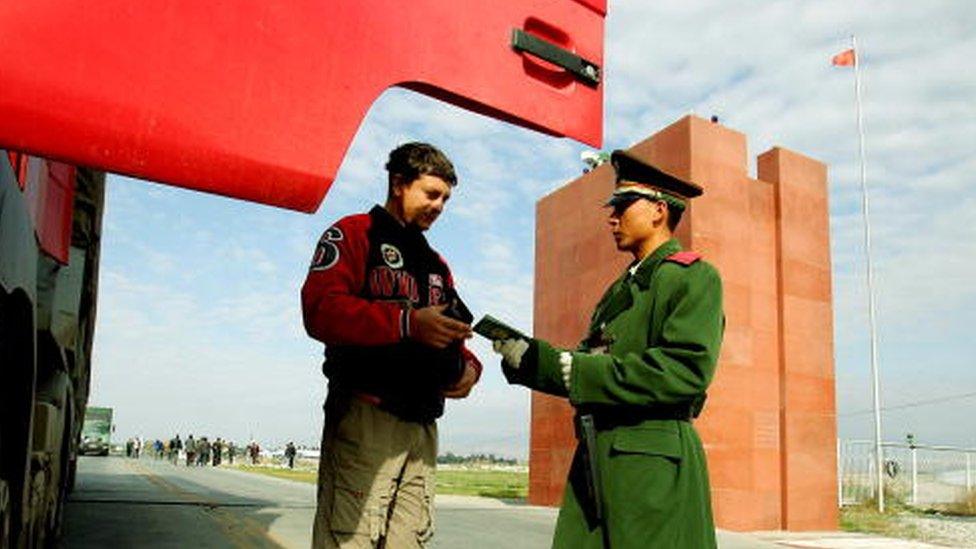
Rights groups have criticised the measures as an attack on the freedom of movement for people living in Xinjiang
Chinese authorities have begun confiscating passports from people in the western region of Xinjiang, which has seen regular unrest.
The move, which the government says is aimed at combating "terrorism", has been criticised by human rights groups.
Many Muslims in Xinjiang say they face widespread discrimination.
The Chinese government is eager to eradicate sporadic violence in the province, which it blames on Islamist militants.
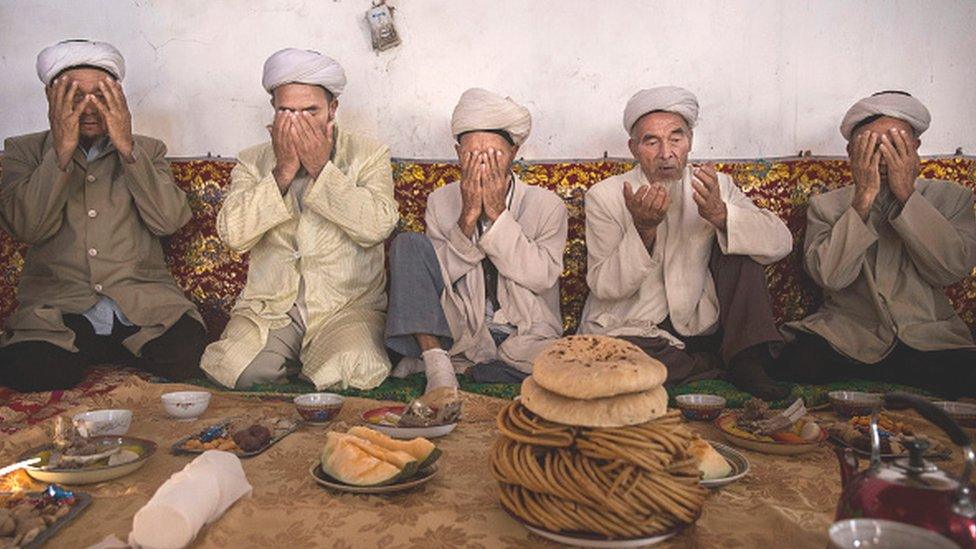
Most of the Uighur ethnic minority, which makes up about 45% of Xinjiang's population, practise the Muslim faith
Uighurs, which makes up about 45% of Xinjiang's population, have often complained about being refused documents allowing them to travel.
In June police in Xinjiang ordered residents to provide DNA samples and other biological data when applying for travel documents.
Under the new regulations all people in Xinjiang are required to hand in their travel documents to police for "safekeeping".
The BBC's Stephen McDonell in Beijing says that all residents must now apply for permission to leave the country before they can retrieve their passports.
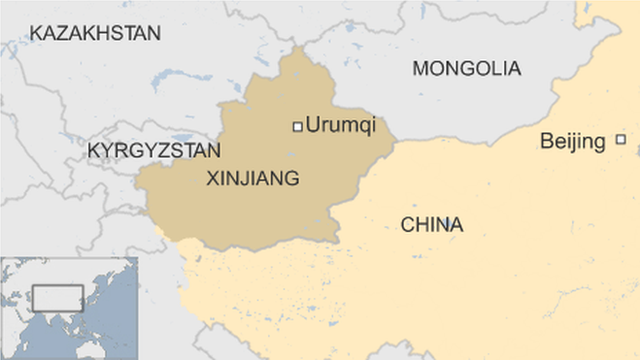
Human Rights Watch has described this as a violation of freedom of movement. , external
The World Uyghur Congress, external says that although the new measures are ostensibly aimed at all residents, they will in effect target the Uighur community.
Over the years China's authorities have attributed attacks to Uighur militants, who they say are inspired or aided by foreign terror groups.
Uighur leaders have denied being behind the violence.


Uighurs and Xinjiang
Uighurs are ethnically Turkic Muslims
They make up about 45% of Xinjiang's population; 40% are Han Chinese
China re-established control in 1949 after crushing the short-lived state of East Turkestan
Since then, there has been large-scale immigration of Han Chinese
Uighurs fear that their traditional culture will be eroded

- Published8 July 2016
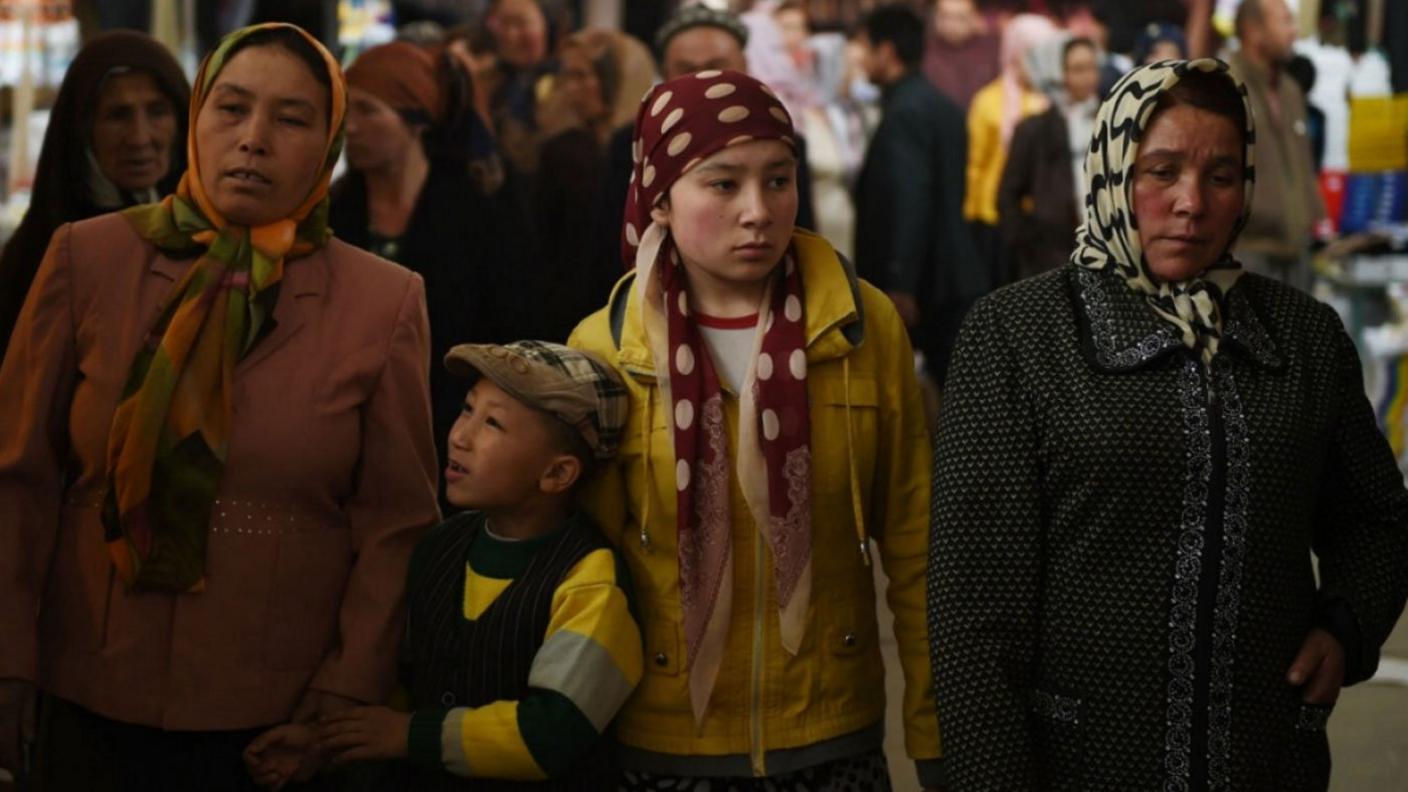
- Published7 June 2016
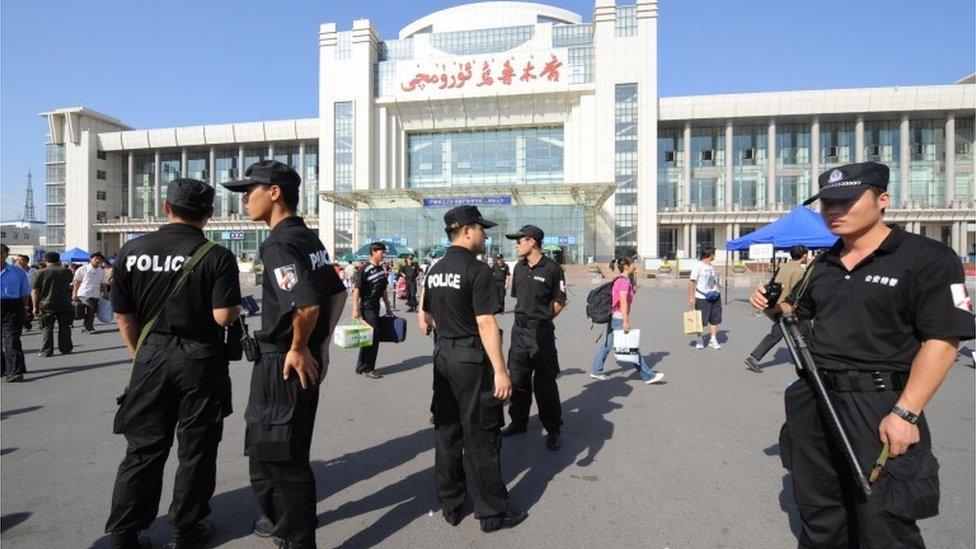
- Published24 June 2015
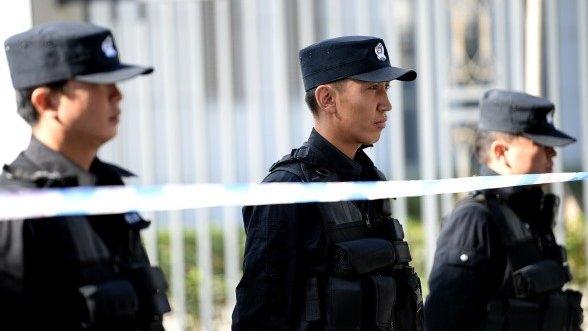
- Published27 May 2015
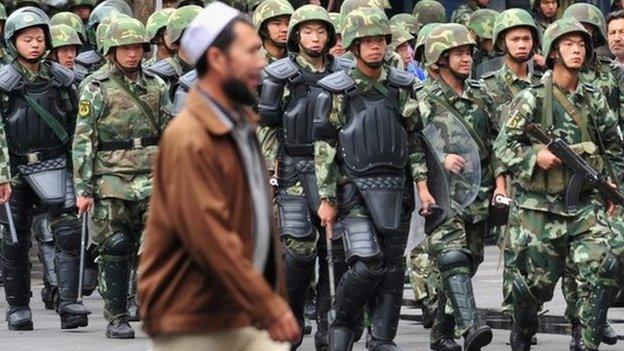
- Published14 January 2015
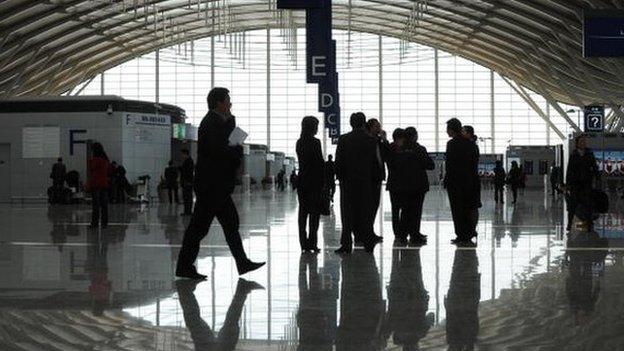
- Published12 January 2015
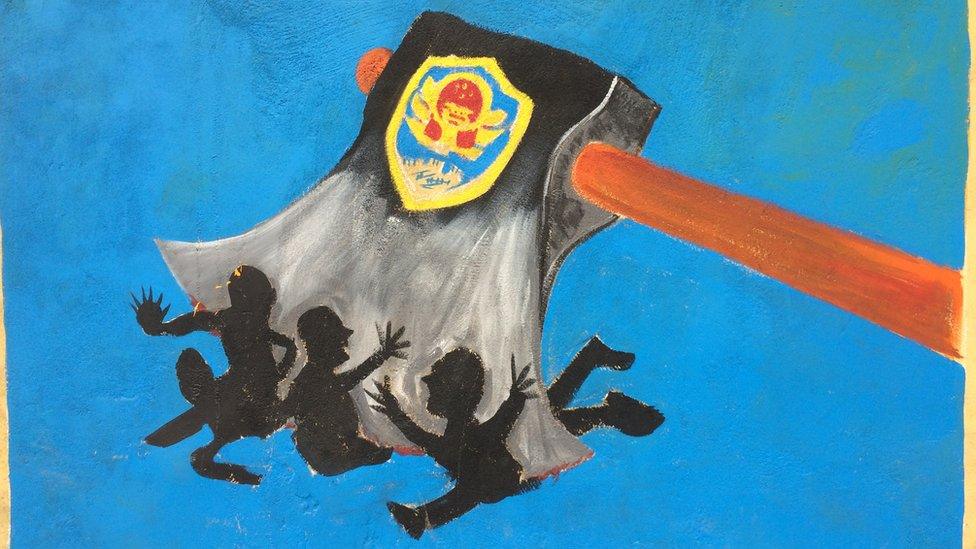
- Published2 January 2015
- Published25 August 2023
